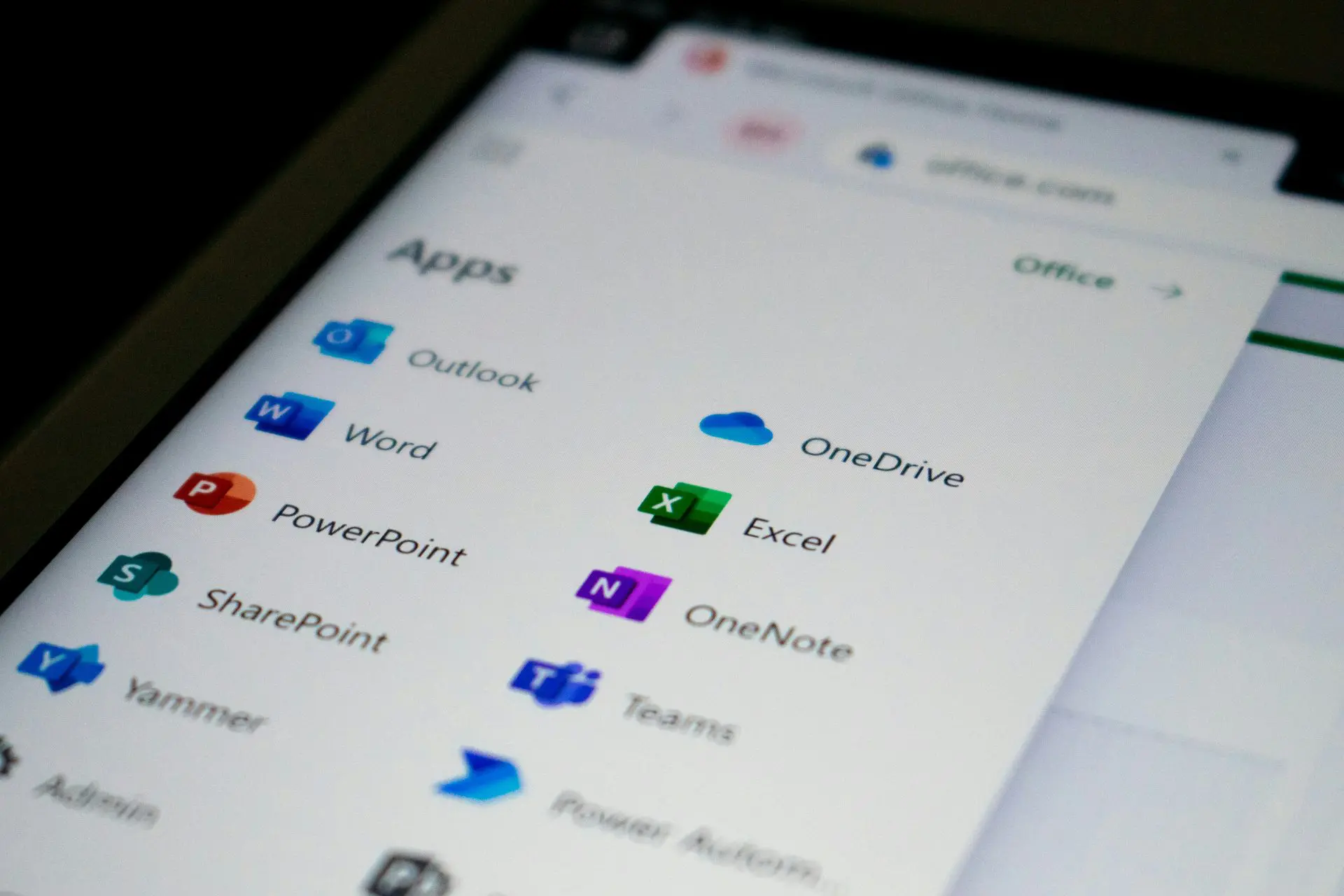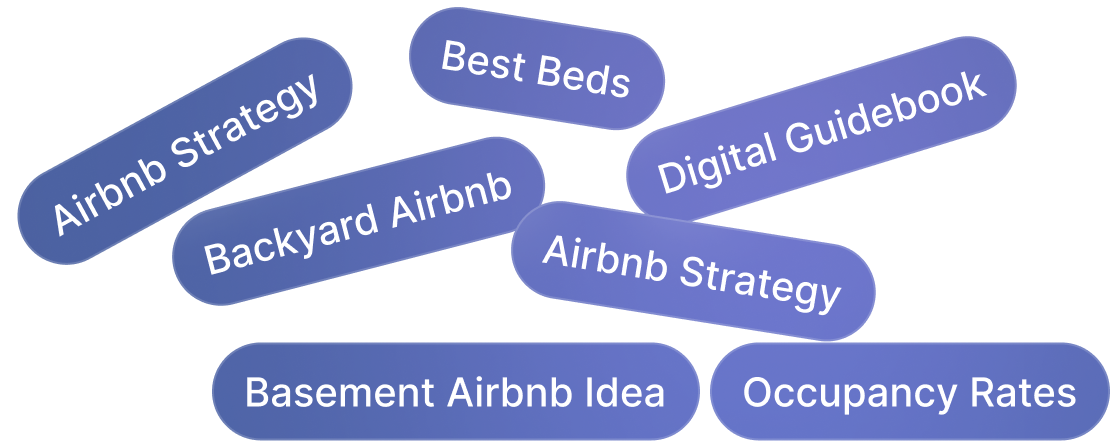Managing a short-term rental property is rewarding, but it also comes with its fair share of challenges. Among them, keeping track of all expenses is one of the most critical yet time-consuming tasks hosts face. If you’re a host looking to streamline your financial management, using an effective expense tracking system can make all the difference. This blog provides actionable insights into why Airbnb expense trackers are essential, highlights some of the best tools available, and offers valuable tips for managing your rental-related finances like a pro. Whether you’re managing one listing or a dozen, these strategies will help you gain clarity, stay organized, and maximize the profitability of your business.
Host Tools provides an automated, unified calendar for short-term rental hosts, allowing you to seamlessly list on all major channels. Start your free trial today!
Why an Airbnb Expense Tracker is Important for Hosts

Running a short-term rental involves a wide range of expenses, such as Airbnb property maintenance, utilities, cleaning services, supplies, and marketing costs. Without proper tracking, it’s easy to lose sight of where your money is going. Here’s why tracking these expenses is essential:
Tax Deductions
Expense records make it simple to claim deductions during tax season, saving you money. Tax-deductible Airbnb expenses are how you get a stronger tax return!
Profitability Insights
Understanding where you spend the most helps you identify inefficiencies and maximize your profit margins.
Time Savings
Expense trackers automate tedious tasks, allowing you to focus on providing an unforgettable guest experience.
Compliance
Keeping clear logs ensures you’re prepared if tax authorities or auditors need to review your records.
By adopting the right methods and tools for expense tracking, you can eliminate financial guesswork, save time, and increase your profits.
The Best Tools for Tracking Airbnb Expenses
When managing short-term rentals, staying on top of your finances requires the help of specialized tools. Here are some of the best Airbnb expense tracking apps that many vacation rental hosts swear by:
1. QuickBooks
A favorite among small business owners, QuickBooks, is excellent for Airbnb hosts juggling various rental property income streams. This tool categorizes transactions, calculates property taxes, and allows you to track mileage if visiting properties.
Features Include:
- Tax deduction estimator.
- Automatic sorting of business vs. personal expenses.
- Integration with credit cards and bank accounts.
2. Expensify
Want something more general? Expensify is a user-friendly app for tracking overall business expenses. You can scan receipts, log spending, and generate expense reports on the go.
Features Include:
- Seamless receipt capture with photos.
- Integration with accounting platforms.
- Mobile-friendly interface for expense management on the move.
3. Google Sheets or Excel
While a lot more manual, you can create an Airbnb expenses spreadsheet manually. This is an okay option for individuals or small business owners who do not have a lot of expenses to track. Simply create an organized spreadsheet with columns for date, type of expense, amount, and any notes. As you incur expenses, add them to the spreadsheet and keep all relevant receipts in one place.
5 Expense Tracking Tips for Vacation Rental Hosts
Even with great tools, you’ll need tactics to get the most out of your expense tracking system. Follow these tips to simplify the process and stay organized:
1. Separate personal and business finances
One of the most important steps is to open a business bank account for your rentals. This ensures all taxable Airbnb income and vacation rental expenses are clearly separated from your personal finances.
Pro Tip
Pair your business account with a business-specific credit card to easily track and categorize purchases.
2. Keep digital records of receipts
Paper receipts can be cumbersome and prone to loss. Use tools like Expensify or QuickBooks to digitize your receipts. Simply snap a photo and the software will store and categorize them for future reference.
3. Track small expenses
It’s easy to overlook seemingly minor Airbnb business expenses like coffee pods, service fees, monthly bank fees, guest welcome gifts, or additional cleaning supplies, but these can add up quickly. Record every purchase related to your rental. These little items are often the deductions that vacation rental hosts overlook which could help them maximize tax savings.
4. Automate whenever possible
Platforms like Host Tools save time by automating your messaging, pricing updates, and even expense entries from multiple properties. Use automation to streamline your routine and minimize traditional paperwork.
5. Reconcile monthly
Set aside time each month to review your financial records. This practice helps you catch errors, stay on top of upcoming due dates, and ensure you’re meeting your financial goals. This is especially important if you manage multiple rental properties or vacation rental businesses.
Final Thoughts on Airbnb Expense Trackers and Vacation Rental Income
Tracking expenses isn’t just about managing costs; it’s about unlocking the potential of your Airbnb business. By adopting the right tools, such as Host Tools, Stessa, or QuickBooks, you’ll not only gain invaluable insights into your profitability but also save precious time that can be spent building your brand or enhancing guest experiences.
Additionally, make it a habit to regularly review your financial practices. Look for trends, eliminate unnecessary costs, and ensure you’re prepared for tax season. With a consistent system in place, you’ll run a smoother, more profitable rental business.
Host Tools provides an automated, unified calendar for short-term rental hosts, allowing you to seamlessly list on all major channels. Start your free trial today!



